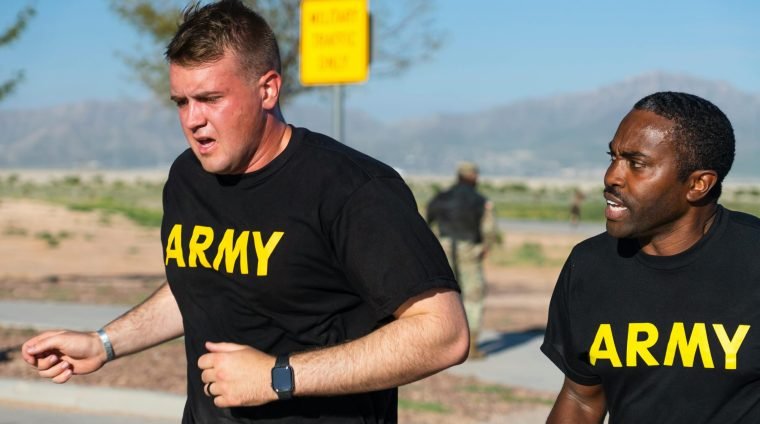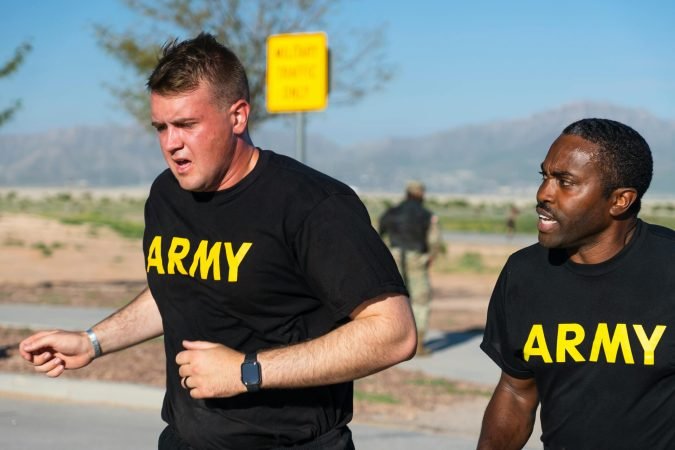Army Officer Basic Course: A Comprehensive Guide to Becoming a Leader
Introduction to the Army Officer Basic Course (OBC)
The Army Officer Basic Course (OBC) is the foundational training program for newly commissioned officers in the U.S. Army. Designed to prepare officers for their roles as leaders, the OBC is a critical first step in an officer’s military career. This course covers essential military skills, leadership principles, and technical knowledge specific to an officer’s branch. Completing the OBC successfully sets the stage for a long and successful career in the Army.
In this guide, we’ll explore everything you need to know about the Army Officer Basic Course, including its purpose, structure, the training experience, and tips for success. Whether you’re about to enter the course or simply interested in learning more, this comprehensive overview will provide you with valuable insights.
What is the Army Officer Basic Course?
The Army Officer Basic Course is a mandatory training program for all newly commissioned officers in the U.S. Army. It serves as an introduction to the responsibilities, expectations, and skills required of an Army officer. The course is tailored to the specific branch (such as Infantry, Armor, Medical, or Engineering) the officer will serve in, providing both general military training and branch-specific instruction.
Purpose of the Officer Basic Course
- Leadership Development: The primary goal of the OBC is to develop leadership skills in new officers. This includes teaching them how to lead troops effectively, make decisions under pressure, and uphold the Army’s values and standards.
- Branch-Specific Training: Each branch of the Army has unique requirements and operational roles. The OBC provides specialized training that prepares officers to perform the duties specific to their branch.
- Physical and Mental Preparedness: The course includes rigorous physical training and mental challenges designed to ensure officers are fit, resilient, and capable of leading in high-stress environments.
- Tactical Proficiency: Officers are trained in the tactical skills necessary for their branch, including weapons handling, navigation, and combat operations.
- Ethical and Professional Development: The OBC instills the Army’s ethical standards and professional conduct, ensuring that officers lead by example and uphold the integrity of the Army.
Structure of the Army Officer Basic Course
The structure of the OBC varies depending on the officer’s branch, but generally, the course can be broken down into the following phases:
1. Orientation and Introduction
- Description: The initial phase of the OBC introduces new officers to the Army’s organizational structure, customs, and traditions. Officers also receive an overview of their branch’s role within the Army.
- Key Activities:
- Welcome and orientation briefings
- Introduction to military customs and courtesies
- Initial physical fitness assessment
2. Basic Soldier Skills Training
- Description: This phase focuses on teaching officers the basic soldiering skills required of all Army personnel, regardless of branch. These skills are essential for ensuring that officers can lead by example and perform in any operational environment.
- Key Activities:
- Weapons training and qualification
- Land navigation and map reading
- Basic first aid and combat lifesaver training
- Physical fitness training and evaluations
3. Leadership Development
- Description: Leadership training is at the heart of the OBC. This phase is designed to develop officers’ ability to lead troops effectively, make sound decisions under pressure, and communicate clearly and decisively.
- Key Activities:
- Leadership exercises and scenarios
- Small unit tactics and command exercises
- Ethical decision-making workshops
- Public speaking and communication drills
4. Branch-Specific Training
- Description: In this phase, officers receive specialized instruction tailored to their branch. This training prepares them for the specific challenges and responsibilities they will face in their assigned roles.
- Key Activities:
- Technical training related to branch-specific equipment and procedures
- Tactical operations and mission planning exercises
- Field training exercises (FTX) simulating real-world scenarios
- Professional development in branch-specific doctrine and strategy
5. Final Field Training Exercise (FTX)
- Description: The final phase of the OBC culminates in a comprehensive Field Training Exercise (FTX). This exercise tests the skills and knowledge officers have acquired throughout the course in a simulated operational environment.
- Key Activities:
- Full-scale tactical operations
- Leadership under realistic combat conditions
- Coordination with other units and branches
- After-action reviews (AAR) and feedback sessions
Duration of the Officer Basic Course
The length of the Army Officer Basic Course varies depending on the branch, but it typically lasts between 12 to 20 weeks. For example, the Infantry Basic Officer Leader Course (IBOLC) is approximately 19 weeks long, while the Medical Service Corps Basic Officer Leader Course (BOLC) may be shorter or longer depending on the specific training requirements.
Key Skills and Competencies Developed in OBC
- Leadership and Command: Officers learn to lead soldiers with confidence, make critical decisions in high-pressure situations, and effectively manage resources and personnel.
- Tactical and Technical Proficiency: Officers gain hands-on experience with the tactics, techniques, and procedures relevant to their branch, ensuring they can operate effectively in various combat and non-combat scenarios.
- Physical Fitness and Resilience: Physical training is a core component of the OBC, ensuring officers meet the Army’s rigorous physical fitness standards and are prepared for the physical demands of military service.
- Ethical and Professional Conduct: Officers are trained to uphold the highest ethical standards, embody the Army values, and maintain professionalism in all aspects of their duties.
- Communication and Coordination: Effective communication is crucial in the military. The OBC hones officers’ abilities to communicate clearly, both verbally and in writing, and to coordinate complex operations involving multiple units.
The Training Experience: What to Expect
The Army Officer Basic Course is challenging, both physically and mentally. Officers can expect long days filled with a mix of classroom instruction, hands-on training, and physical fitness activities. The training is designed to push officers to their limits, preparing them for the demands of military leadership.
- Physical Demands: Physical fitness is a major component of the OBC. Officers participate in daily physical training (PT), which includes running, strength training, and obstacle courses. Additionally, field exercises often involve long marches with full gear, requiring endurance and stamina.
- Mental Challenges: The OBC is mentally rigorous, with officers required to quickly absorb large amounts of information and apply it in complex scenarios. Leadership exercises and tactical simulations demand quick thinking, problem-solving, and decision-making under stress.
- Teamwork and Camaraderie: While the OBC is challenging, it also fosters a strong sense of camaraderie among officers. Working together in challenging situations builds teamwork and leadership skills, creating bonds that last throughout an officer’s career.
Tips for Success in the Army Officer Basic Course
- Prepare Physically: Arrive at the OBC in peak physical condition. The physical demands of the course are high, and being in top shape will help you succeed in PT and field exercises.
- Stay Organized: The OBC moves quickly, with new information and tasks presented daily. Staying organized with notes, schedules, and checklists will help you keep up with the pace.
- Embrace Leadership Opportunities: Take every opportunity to lead, even in small tasks. The more you practice leadership, the more confident and effective you will become.
- Learn from Peers and Instructors: Your instructors and fellow officers are valuable resources. Learn from their experiences, ask questions, and seek feedback to improve your skills.
- Maintain a Positive Attitude: The OBC is tough, but maintaining a positive attitude and a willingness to learn will help you overcome challenges and make the most of the experience.
Career Path After the Officer Basic Course
Upon successful completion of the OBC, officers are assigned to their first duty station, where they will take on their initial leadership roles. This is the beginning of their career as an Army officer, with opportunities for further training, specialization, and advancement. Officers may go on to attend additional courses such as the Captains Career Course (CCC) and Command and General Staff College (CGSC) as they progress in their careers.
Conclusion
The Army Officer Basic Course is a critical milestone in the career of a U.S. Army officer. It provides the essential training, skills, and knowledge required to lead soldiers effectively and uphold the standards of the Army. Whether you’re preparing to enter the OBC or simply seeking to understand the process, this guide offers a comprehensive overview of what to expect and how to succeed.
By embracing the challenges and opportunities of the OBC, you will lay a strong foundation for a successful and rewarding career as an Army officer. Stay committed, work hard, and lead with integrity, and you will emerge from the OBC ready to serve and lead with excellence.


